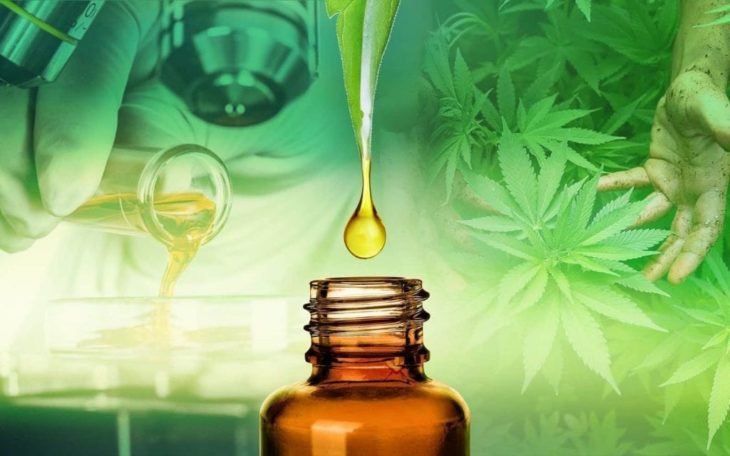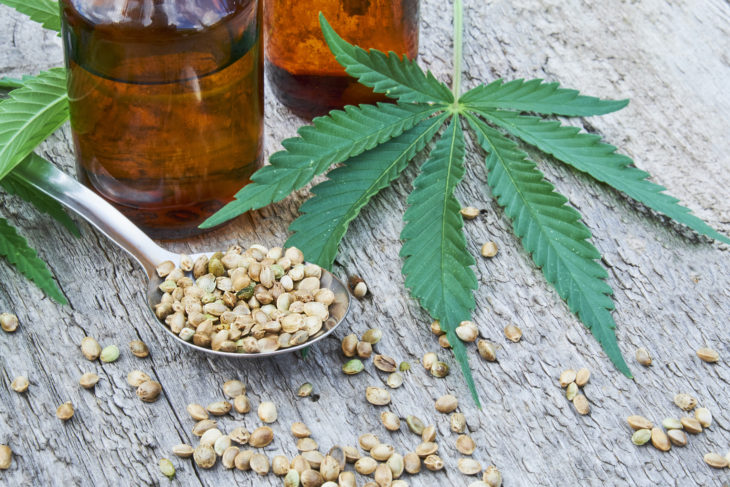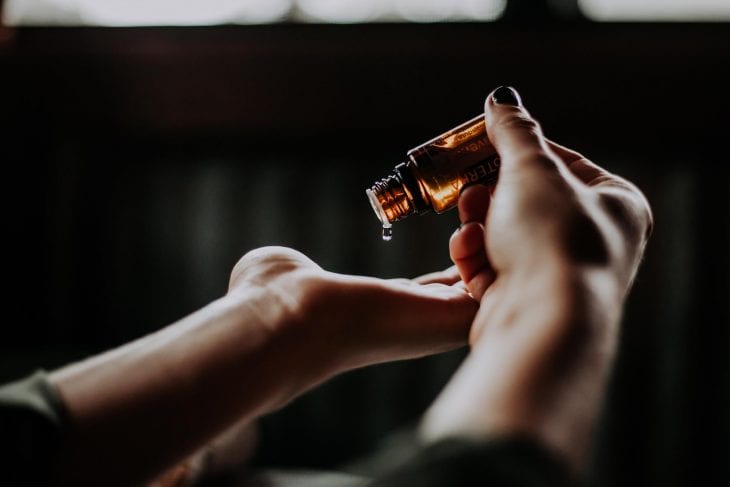CBD is one of several compounds, known as cannabinoids, found in hemp and cannabis plants. In particular, it is the second most abundant substance, after THC, among those present in them. It is important to underline that, unlike THC, CBD is not psychoactive. Therefore it is not addictive and has remarkable relaxing, anti-inflammatory, and pain-relieving abilities. Thanks, therefore, to its therapeutic potential.
CBD oil can also be used in the medical field, alongside traditional treatments. Its beneficial properties are arousing more and more interest in the scientific community. The benefits linked to its use are why it is sold openly in countries that have legalized it. You will find it in online stores like Diamond CBD or other mainstream pharmacies.
CBD oil is extracted from the plant matter that contains it. The most abundant source is hemp flowers, a selectively hybridized plant to achieve high amounts of this cannabinoid. Extracting it from hemp occurs in several ways, but some methods are much more efficient and safer than others. In any case, by buying it in specialized stores (both physical and online), we are sure to buy a quality product which is extracted safely.

Source: uconn
Contents
Benefits of CBD Oil
Studies conducted by several countries worldwide have confirmed that CBD oil has numerous benefits for our health, body, and personal care. It seems that it stimulates our body to use its own endocannabinoids (i.e., the cannabinoids already present within us) even more effectively. CBD oil boasts numerous beneficial properties. It can relieve pain and stiffness, even those resulting from chronic or neurodegenerative diseases, such as multiple sclerosis or cancer.
While THC promotes a state of anxiety in more predisposed people, CBD seems to be able, on the contrary, to reduce it. In some cases, CBD oil is used as a mitigating factor in post-traumatic stress disorder treatment. It is also being studied for its possible role in the treatment of neuropsychiatric disorders and epilepsy.
How Does CBD Oil Make You Feel?
Most people are usually afraid to use this particular product because of the psychoactive effects linked to cannabis. What you should understand about CBD is that it cannot get you high or bring about any mind-altering effects after use. It makes you feel more relaxed. That is why it is the best remedy for anxiety and depression. However, you should look at the THC levels of the products you are buying. A higher percentage of them have zero or minimal THC levels.

Source: cbm
Does CBD Oil Get You High?
First of all, it is good to remember that among the best-known substances present within Cannabis sativa, we find both tetrahydrocannabinol, mainly known as THC, and cannabidiol, or CBD.
The first, which we have called THC, is mainly responsible for the typical effect of the “high” caused by the consumption of cannabis. Its administration involves more or less significant alterations in the brain’s perceptive capabilities and a general sensation of stunning.
The second, which we are talking about, namely CBD, is a non-psychoactive cannabinoid (which therefore does not alter the psyche in any way), endowed with extraordinary medicinal abilities.
CBD has ended up attracting widespread interest in the scientific community, particularly in recent times. Growers have given birth to hybrid cannabis varieties with lower tetrahydrocannabinol concentrations and high concentrations of cannabidiol.
But does CBD have no effects on the brain and psyche? To answer the question, “Does it get you high? “, It is necessary to consider how these two metabolites interact with receptors in the human brain.
How Metabolites Work
The difference, however, lies in the way in which CBD and THC act within the body. In binding to CB1 receptors, THC mimics the action of the neurotransmitter anandamide, the “molecule of bliss.” This results in its activating and thus altering numerous senses, from appetite to memory. CBD, on the other hand, causes the opposite action: it acts by counteracting the action of THC on CB1 receptors, minimizing its psychoactive effects, and binds mainly to CB2 receptors located within peripheral organs, such as tissues and epidermis, and to the immune system. CBD helps regulate cardiovascular functions and oxygen consumption and stimulates the production of glutamate and dopamine within the brain, causing a calming and sedative effect. This is done by activating adenosine receptors.
So, to the question “Can CBD get you high?”The answer is” No, “even if it cannot be denied that this cannabinoid still exerts some effects on the brain.

Source: health.harvard
How to Use CBD Oil
There are several ways you can use CBD oil for the best results. They include:
-
Orally
The simplest use is to swallow the cannabis oil precisely as if it were any liquid. It will pass through the gastric system, where it will be metabolized and broken down into its active components, which will then be released to the blood system.
-
Sublingual Use
This is undoubtedly the most effective method for obtaining immediate effects. The protocol involves injecting the drops directly under the tongue, waiting for 60 to 90 seconds, and then swallowing. The effectiveness and speed of action are ensured by the buccal mucous membranes rich in blood vessels and can let the active compounds present in the CBD oil enter the bloodstream without passing through the liver.
-
Mix it With Your Favorite Food or Drink
If the raw use of cannabis oil scares you, try using it in your favorite foods and drinks. This will also positively affect the absorption of CBD by your body, as the fatty acids present in foods will act as carriers for cannabinoids, allowing free circulation in the different physiological systems and systems.

Source: standard
CBD Oil Uses for Pain
CBD oil is considered an ideal remedy for pain treatment. It has anti-inflammatory qualities that help you deal with pain once it is absorbed into your body. CBD oils can be used by those who have arthritis or other forms of chronic pain. It is mostly applied topically for pain treatment. The good thing is that CBD oil is absorbed into your body fast to offer the kind of remedy needed.
